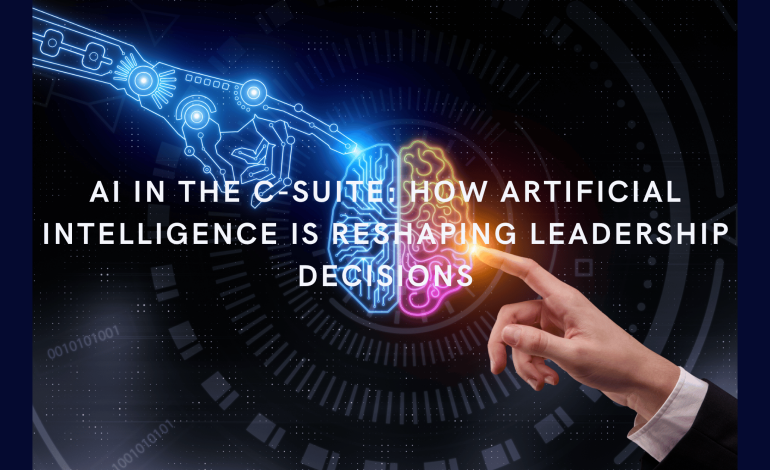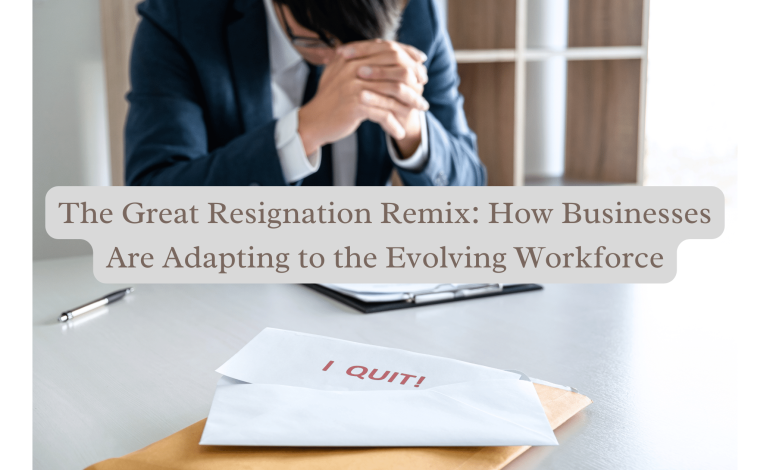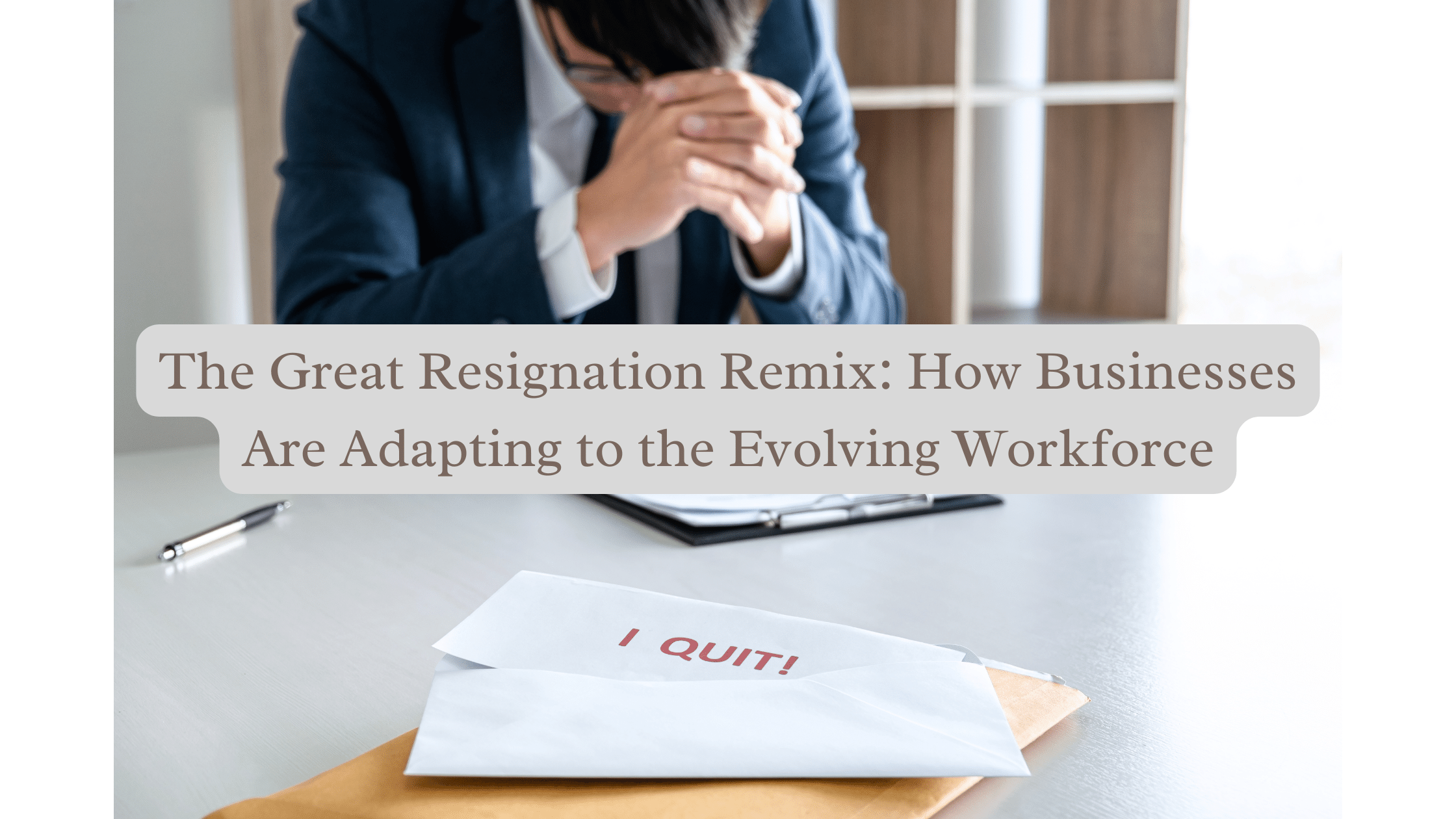
AI in the C-Suite: How Artificial Intelligence is Reshaping Leadership Decisions
The boardroom is no longer immune to the transformative power of artificial intelligence (AI). Once confined to the realm of science fiction, AI is rapidly making its way into the upper echelons of corporate leadership, fundamentally reshaping how CEOs, CFOs, COOs, and other C-suite executives approach strategic decision-making. This article explores the growing influence of AI in the C-suite, highlighting its impact on strategic business planning and offering insights into how leaders can leverage this powerful technology for optimal results.
From Intuition to Insights: How AI Augments Decision-Making
For decades, business leaders have relied on a blend of experience, intuition, and market data to guide strategic decisions. While these traditional approaches hold value, the ever-increasing complexity of the business landscape, coupled with the explosion of data available, necessitates a more sophisticated approach.
AI offers C-suite executives a powerful toolset to navigate this complexity. Here’s how AI is augmenting decision-making in the C-suite:
- Data-Driven Decision Making: Traditional methods often struggle to handle massive datasets effectively. AI algorithms can analyze vast amounts of data from multiple sources, uncovering hidden patterns, trends, and correlations that would be invisible to human analysis alone. This empowers leaders to make data-driven decisions grounded in robust insights rather than gut feeling.
- Predictive Analytics: AI can be harnessed to predict future outcomes based on historical data and current trends. This allows C-suite executives to anticipate market shifts, assess potential risks and opportunities, and make informed decisions about resource allocation, product development, and market expansion.
- Risk Management: AI can identify potential risks and threats to a business with greater accuracy and efficiency than traditional methods. By analyzing financial data, market trends, and competitor activity, AI algorithms can flag potential issues early on, allowing leaders to take proactive measures to mitigate risk and safeguard the company’s future.
AI in Action: Strategic Planning Redefined

The impact of AI extends beyond simply informing individual decisions. It is fundamentally reshaping the very nature of strategic business planning. Here are some key areas where AI is playing a transformative role:
- Market Analysis and Customer Insights: AI can analyze customer behavior patterns, social media sentiment, and competitor activity to provide C-suite executives with a deeper understanding of their target market. This allows for more precise market segmentation, targeted marketing campaigns, and the development of products and services that truly resonate with customer needs.
- Scenario Planning and Market Forecasting: AI can be used to model different future scenarios based on various market conditions. This allows C-suite executives to “stress test” their strategies and prepare for unexpected contingencies.
- Resource Optimization and Allocation: AI can analyze operational data and identify areas for improvement. This allows leaders to optimize resource allocation, streamline processes, and ensure resources are directed towards the most impactful initiatives.
Leveraging AI Effectively: A Guide for C-Suite Leaders
While AI offers tremendous potential, it’s not a magic bullet. C-suite executives need a strategic approach to leverage its capabilities effectively. Here are some key considerations:
- Identifying the Right Use Cases: Not all business decisions require AI. Leaders need to identify areas where AI can provide the most significant value, such as analyzing complex data sets or optimizing resource allocation.
- Building a Culture of Data-Driven Decision Making: To fully benefit from AI, organizations need a culture that embraces data and analytics. Leaders should invest in training and development programs to equip their teams with the skills to interpret and utilize AI-generated insights.
- Mitigating Bias and Ensuring Ethical Use: AI algorithms can reflect the biases present in the data they are trained on. Leaders need to be aware of this potential bias and implement measures to mitigate it. It’s crucial to ensure responsible and ethical use of AI throughout the organization.
The Future of AI in the C-Suite: Collaboration, Not Replacement

AI is not here to replace C-suite executives. Its true strength lies in its ability to augment human decision-making by providing deeper insights and facilitating a more holistic view of the business landscape. The future of the C-suite lies in collaboration between human expertise and AI-powered insights. By leveraging these tools effectively, leaders can navigate the complexities of the business world with greater confidence and make strategic decisions that propel their organizations towards long-term success.
FAQs on AI in the C-Suite
Q: Will AI replace C-suite executives?
A: Unlikely. AI is a powerful tool to augment human decision-making, not replace it. C-suite leaders will still need their strategic vision, leadership skills, and ability to navigate complex situations.
Q: What are some challenges associated with using AI in the C-suite?
A: Some challenges include ensuring data quality, mitigating bias in AI algorithms, and building a culture that





